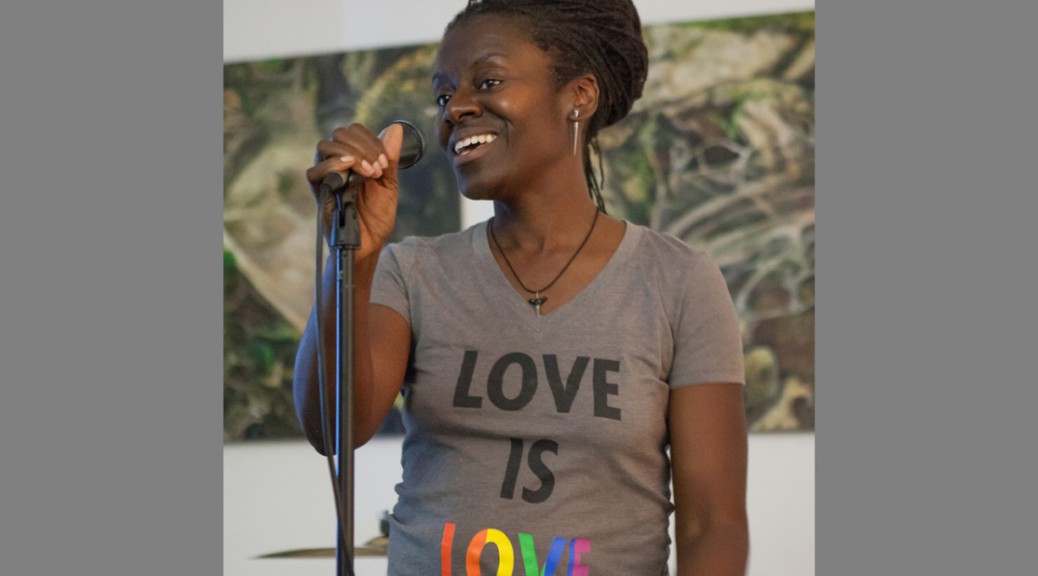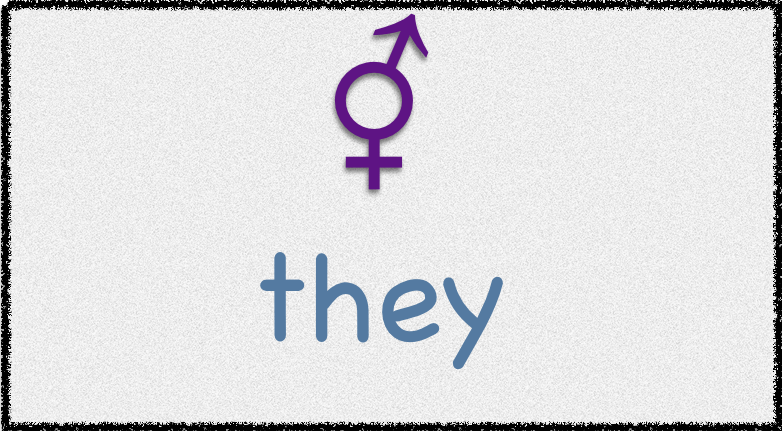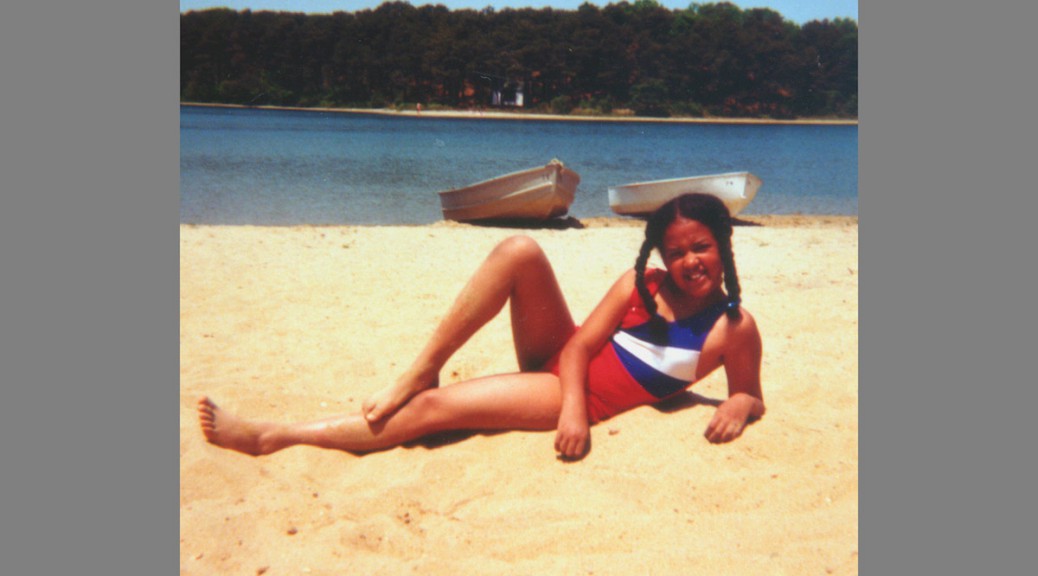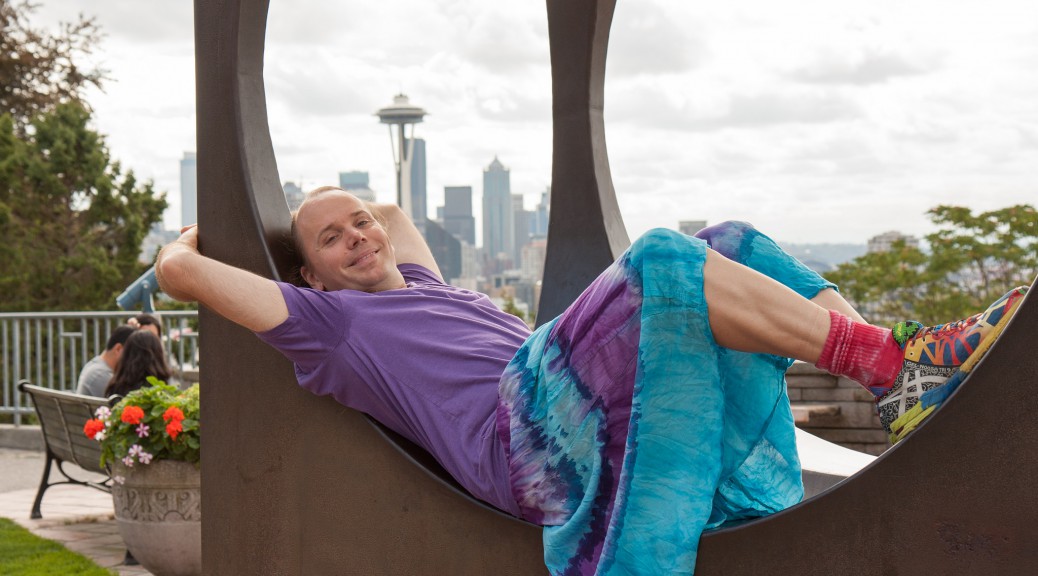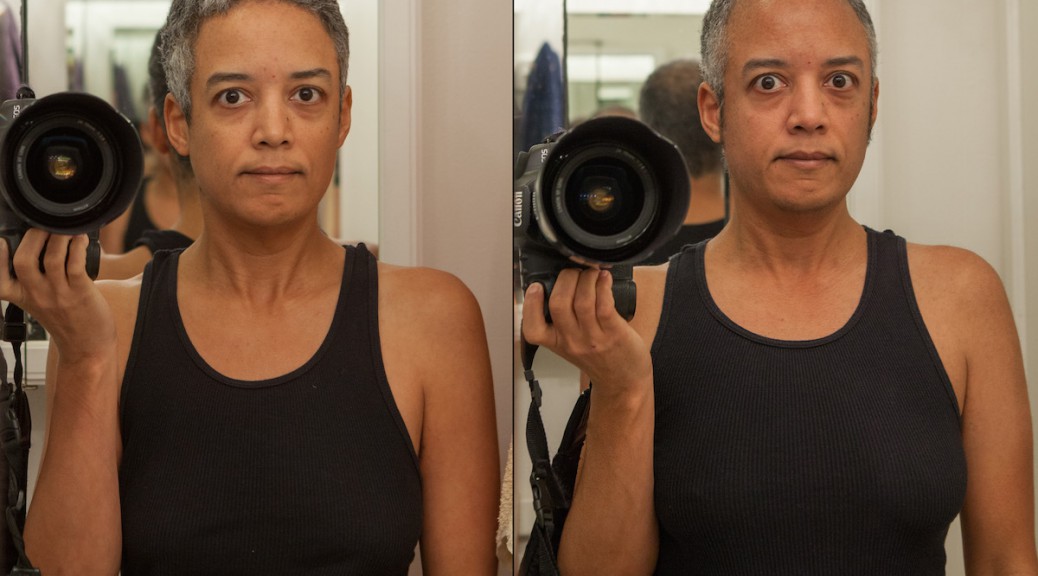I’ve written frequently in this blog about the necessity for vegans and animal rights activists to pay attention to human oppression, including (but not limited to) racism, sexism, heterosexism, cissexism, classism, and ableism. Unfortunately, whenever the topic of intersectionality* is raised, some activists fire back with excuses. I’ve collected some of those excuses here, with responses. (Please note that this article is focused on animal rights activism in the USA, and may not apply to other countries.)
“Non-human animals suffer more than any humans, so their needs must come first.”
Stop ranking oppression. It does not save any more animals to tell oppressed humans that their problems must take a backseat, especially when that message is coming from people who are not mindful of their own privileges. Acknowledging the struggles of oppressed humans does not take anything away from non-human animals.
“Non-human animals suffer more than any humans, so talking about human oppression is speciesist.”
(Variation on the above.) Every human – vegan or otherwise – is speciesist to some degree. Calling out speciesism can be helpful in cases such as dog and cat adoption events that serve food made from the flesh of other animals, as this points out the hypocrisy of valuing the lives of some animals above others. The same goes for other single-issue events where animals are already the focus.
Calling out speciesism when vegan activists want to promote, for example, Black Lives Matter events is not helpful, especially when coming from white people or non-black people of color. The same goes for feminist events, especially when the criticism is coming from men. These events are focused on humans, and the awareness that animals are people, not property, is not yet widespread in anti-racist and anti-sexist organizations. To raise that awareness requires work from within.
“Animal rights groups shouldn’t have to talk about human oppression since human rights groups don’t talk about the oppression of animals.”
See above. To most humans at this point in time, most animals aren’t much different from pencils or paper clips; objects to be owned and used at will. Thus, the idea that a piece of property is being oppressed is nonsensical and offensive to them. Changing this mindset must come from within. Showing solidarity with oppressed groups can help bring more activists to the animal rights movement.
“Addressing human oppression takes time and resources away from the animals.“
No activist can be expected to devote an equal amount of time to every cause. But when news headlines and social media feature humans being targeted and killed for their skin color or gender presentation, vegans should join the chorus of condemnation against these acts. Silence is complicity.
“All this talk about human oppression is just political correctness.”
The charge of “political correctness” is to my ears a synonym for “I want to be free to use whatever language I see fit and not suffer any consequences for it.” The same applies to most people talking about free speech and echo chambers. Oppressive language, whether read on a computer screen or heard in person, causes real harm to marginalized people, and drives us away from the animal rights movement.
“Calling out oppression divides the movement. We need to all work together for the animals.”
Silencing concerns about oppressive language or tactics does not save more animals. It simply drives marginalized humans away from animal rights activism.
Some say that rather than “calling out” we should “call in,” and give offenders a chance to reflect on the harm they’ve caused rather than immediately shunning them. I agree only up to a point. If an activist has repeatedly harmed marginalized people through their statements and/or actions, they need to be publicly called out, and removed from any leadership position if applicable. This applies to micro-aggressions (such as gaslighting and tone policing) as well as overt acts like sexual harassment. To do otherwise puts the safety of vulnerable people in jeopardy.
“Talking about race is racist.”
Racism is the oppression of people of color by whites. Talking about racism is how white supremacy gets dismantled. Ignoring or downplaying racism ensures its continuance.
“I don’t see color.”
Not true or possible. I said the same myself once. I know better now.
“All lives matter.”
Appropriating a slogan created by queer black women to highlight violence against black people does nothing to save more animals. It only drives black people away from the animal rights movement. For more of what’s wrong with saying “All Lives Matter” in response to the Black Lives Matter movement, see this video (text transcript included).
“There is no (racism/sexism/other human oppression) in the animal rights movement.”
According to whom? Anyone stating this seriously needs to examine their own privileges.
“There is no (racism/sexism/heterosexism/ableism) in the animal rights movement, according to (this one black/gay/female/disabled activist I know).”
Variation on the above. Folks of all backgrounds have different opinions. But if anyone speaks out about being oppressed, they should be taken seriously, and not dismissed just because another member of their gender or ethnic group had a different experience.
“There is no (racism/sexism/other human oppression) in my particular vegan/animal rights group.”
Again, according to whom? Every group in the USA, regardless of size, is operating under a patriarchal, hetero- and cissexist, white supremacist culture. To counteract this requires deliberate work, which includes having marginalized people in active leadership roles. Simply stating that a group is intersectional is an empty promise.
“No true vegan is (racist/sexist/otherwise oppressive).”
Who gets to decide what a “true” vegan is, or who can rightfully display that label? Veganism is currently seen as merely a dietary choice by the majority of US-Americans, who know nothing about the internal debates in the animal rights movement. Focusing on the “vegan” label as a badge of anti-oppression does not help save more animals or humans.
For more essays on human oppression in the animal rights movement (and what to do about it), I recommend the following sites: Aphro-ism, Sistah Vegan Project, Striving with Systems, and Vegan Feminist Network. More sites about related topics are on my links page.
* As I’ve written previously, intersectionality has become something of a buzzword. Putting anti-oppression into practice is more important than using that specific term.
Like this:
Like Loading...
